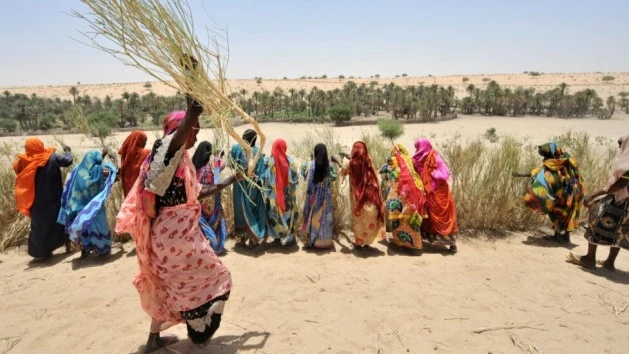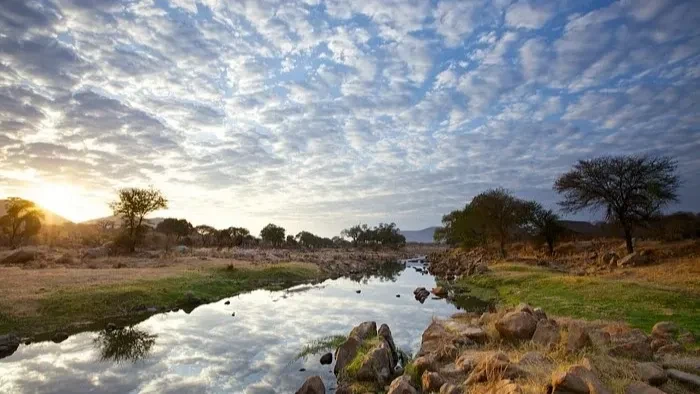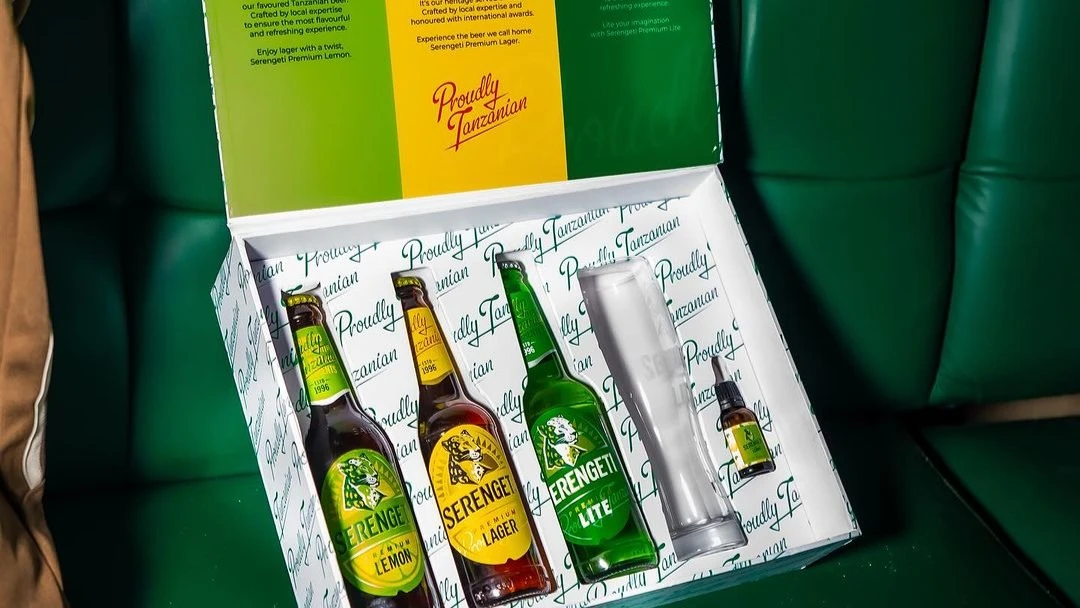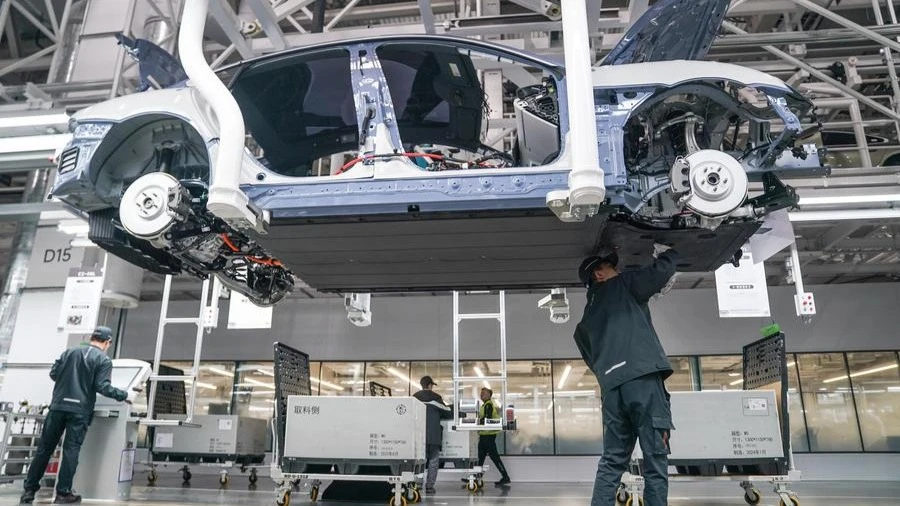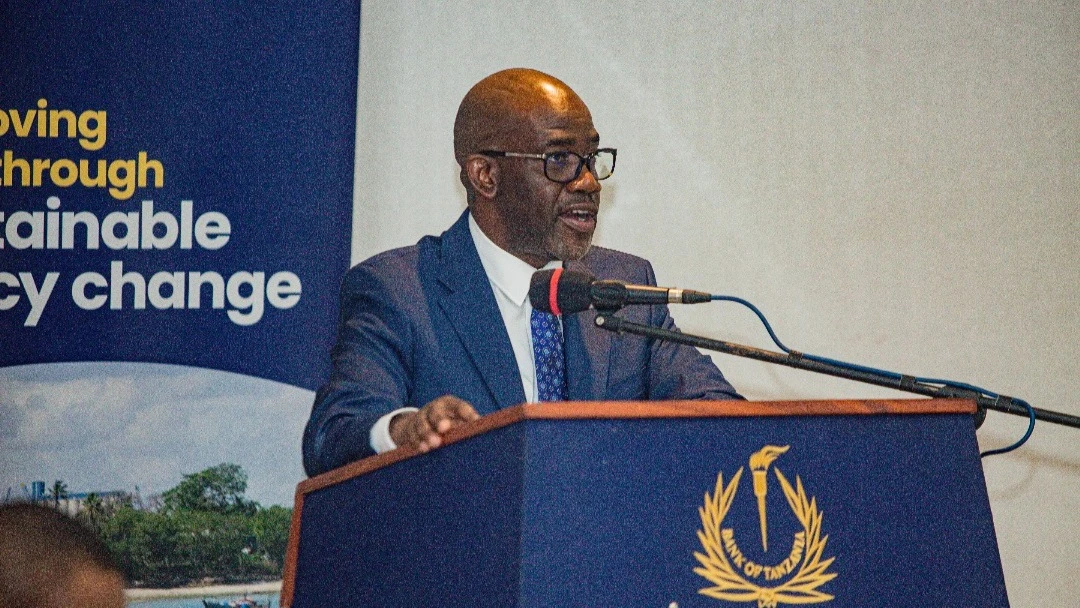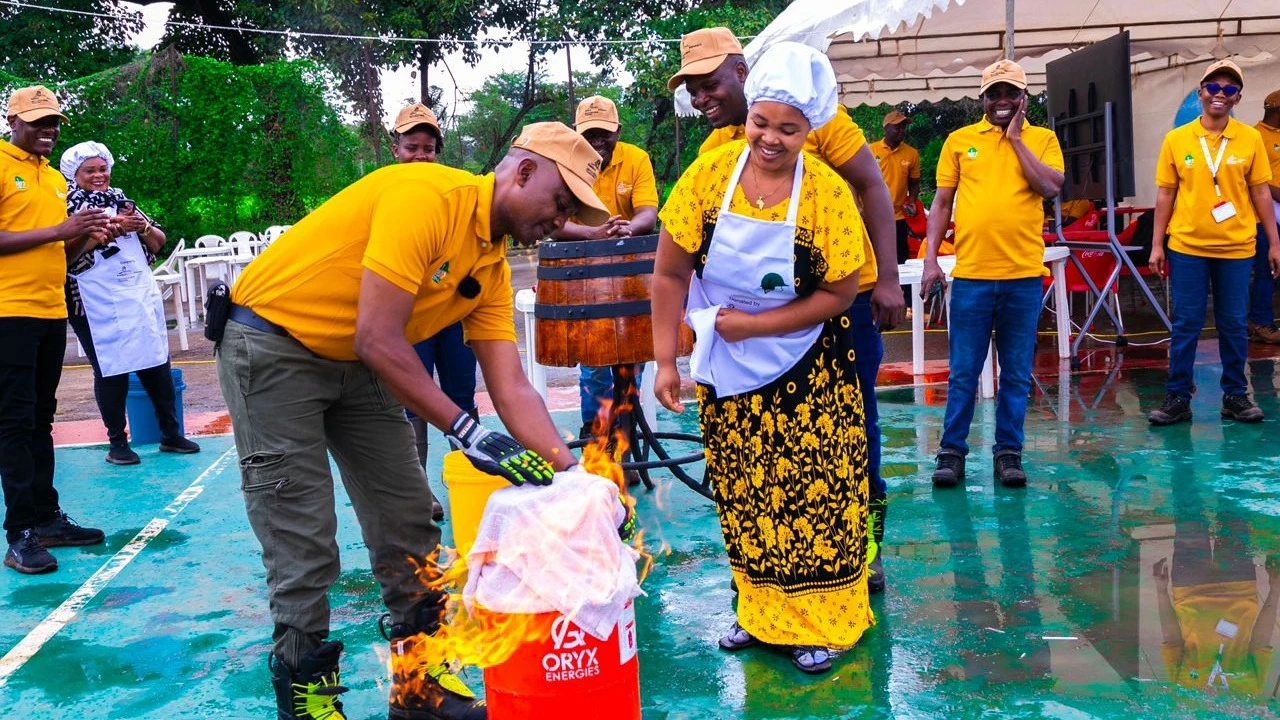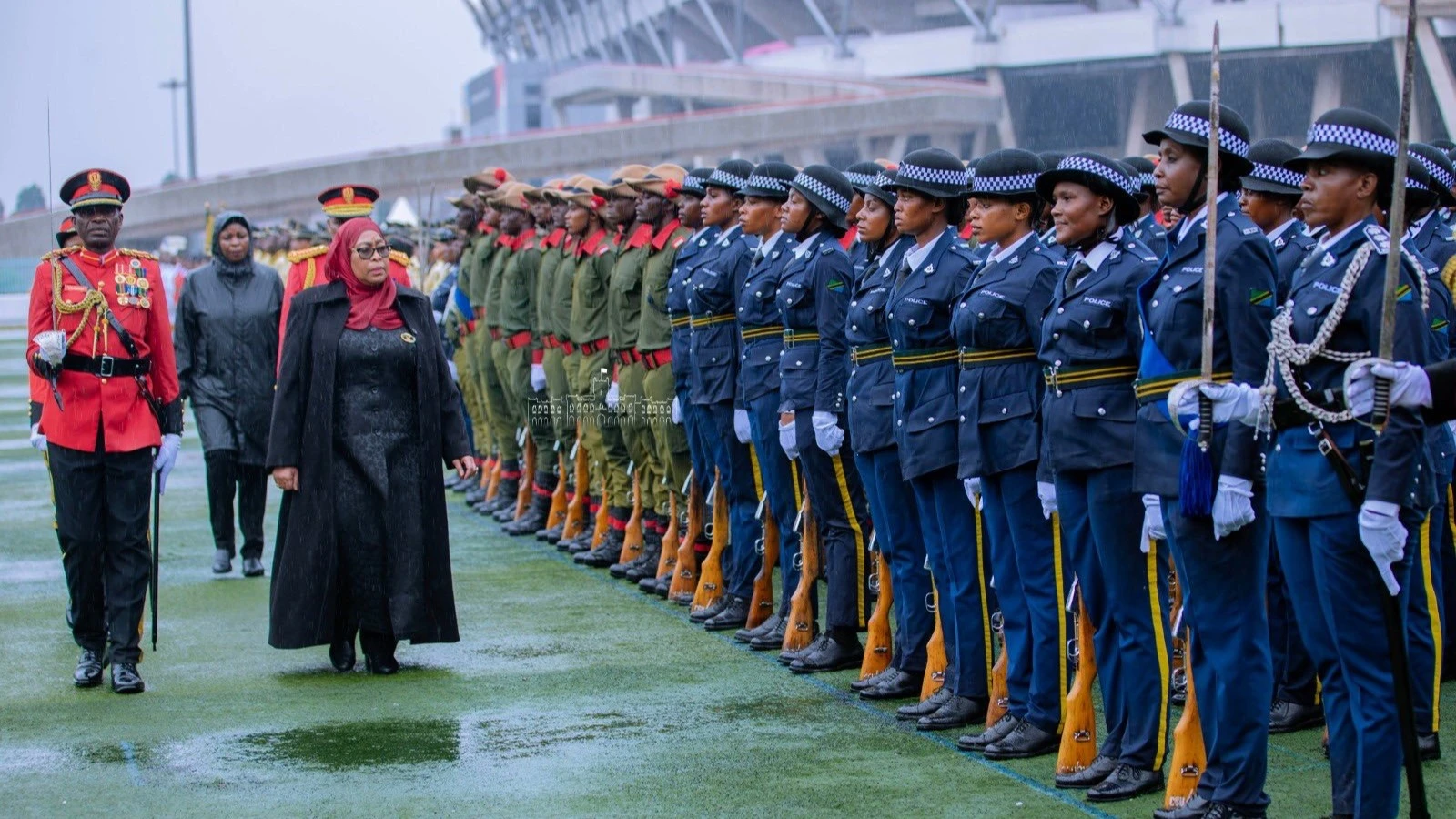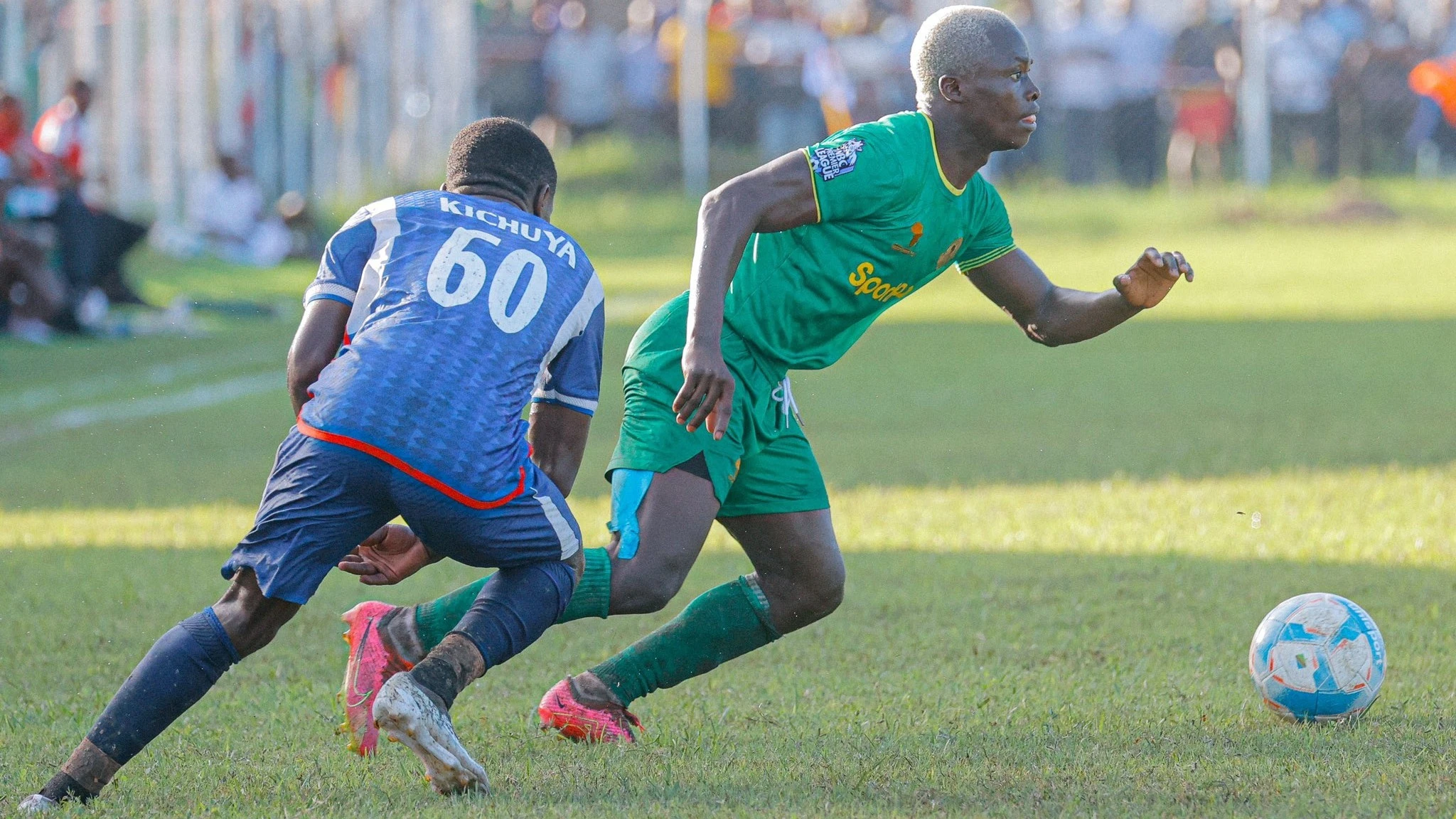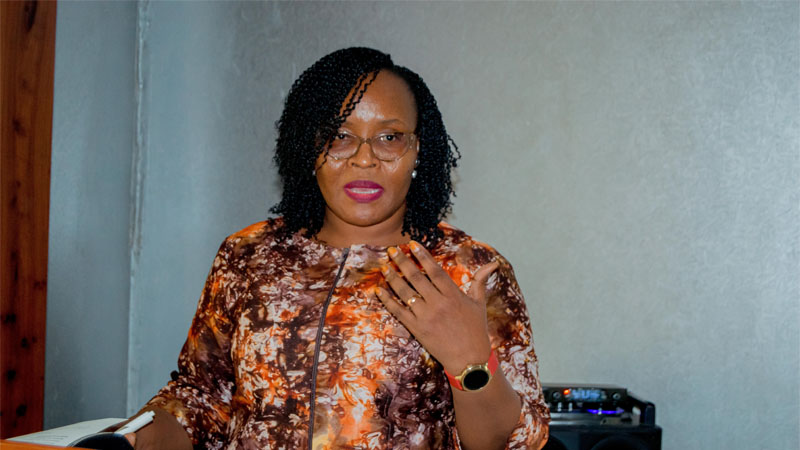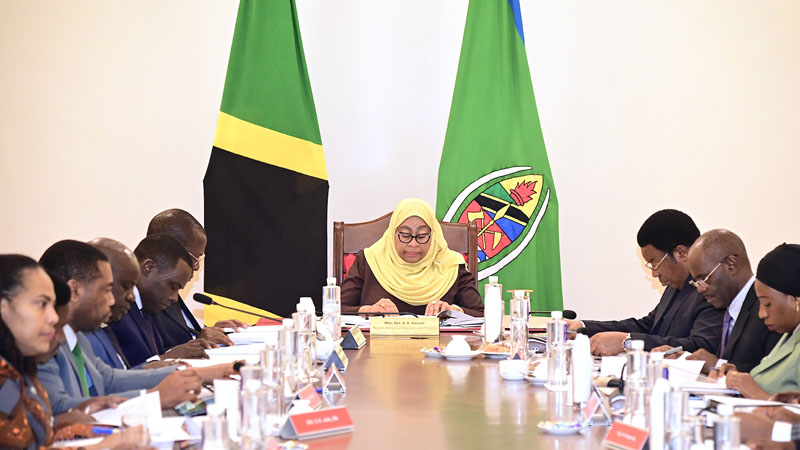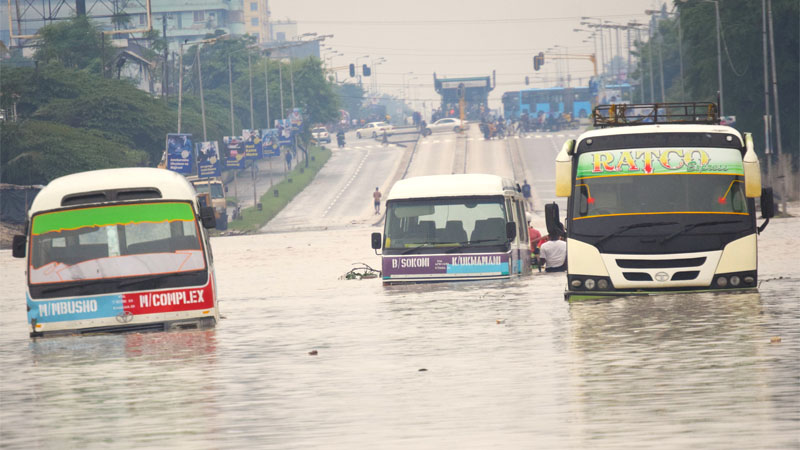From corporate comfort to a green venture of raising fruit trees
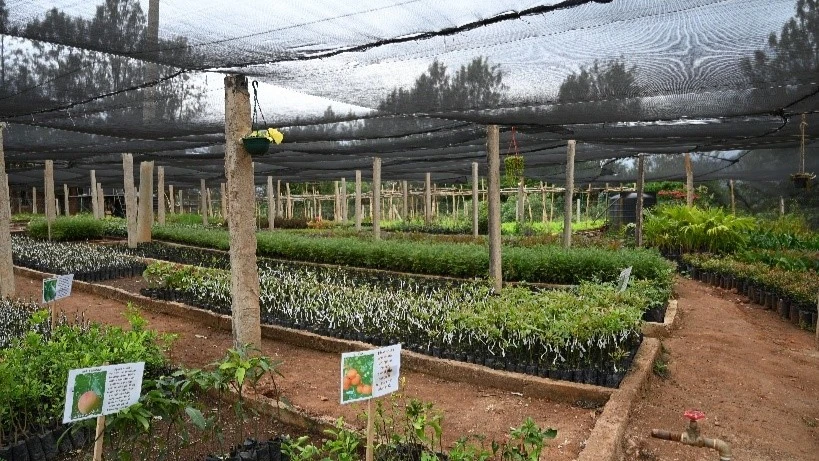
TEN years ago, champion farmers Mary and Paul Mwanza lived in Nairobi and worked in the bustling hotel and IT industry. The tree-loving couple longed for rural change and to escape the frantic pace of life in Kenya’s capital.
Moving 100km southeast to Makueni County in 2014, the pair traded air-conditioned offices for the outdoors and a small parcel of land growing trees. A decade later, Mary and Paul are champion farmers in ACIAR-funded efforts to utilise fruit trees to bolster climate resilience across East Africa.
What was the experience in the initial stages?
Despite the challenges of water scarcity and nutrient-deprived soil, the couples’ leap of faith and love for trees, evidenced in their homestead, proved to be a turning point for their lives and the community around them.
Growing requests from neighbours for a tree or two from the Mwanza’s established Palma Mukuyuni Tree Nursery in 2016, which has since morphed into a commercial venture and training hub for farmer cooperatives, groups, individuals, and a blend of diverse stakeholders to meet the growing demand. However, their limited horticulture experience could only get the duos far in the business.
‘We had specialised in Grevillea Robusta, locally known as Mukima, used for timber, poles, and firewood. However, since so many of us were growing this single species, the market was flooded,’ said Mr Mwanza.
‘Therefore, the profit margins were low or close to none. Additionally, we used to harvest soil from anywhere for potting. Still, the seedling outcome would be as frail as one harboring kwashiorkor a disease marked by severe malnutrition.’
Relief with the birth of the project
A glimpse of hope appeared when the project was birthed, helping farmers like the Mwanza’s increase fruit tree stocking and strategic siting to increase climate resilience, food security and nutrition for smallholders in Kenya and Rwanda.
The project provided much-needed training on tree nursery management, including seed sourcing, handling, procurement, vegetative propagation, managing pests and diseases, and business elements. The emphasis on maintaining high-quality standards in seedling production was a timely boost the couple needed to nurture their nursery into a thriving entity.
Climate change-related impacts such as prolonged droughts and low rainfall motivated the government to ensure more trees were grown and integrated with appropriate soil and water conservation measures, especially in agricultural landscapes, to capture and store carbon and build resilience against disasters.
Evidenced impact through the projects’ intervention
Palma has since blossomed into a commercial tree haven with accreditation and registration from regulatory agencies, including the Kenya Plant Health Inspectorate (KEPHIS) and the Kenya Forest Service (KFS). Paul and Mary now collect seeds from certified sources to ensure purity and high seedling survival rates.
Collaborating with 84 groups and 164 nursery operators and training their staff and casuals under their primary and satellite nurseries, Palma’s impact resonates far and wide.
Orders stream in from Bungoma County (592 kilometres away), Kwale (343 km), Kilifi (354 km), Malindi (338 km), Kajiado (193 km), Kitui (150 km) and other parts of Kenya. With over 150,000 tree seedlings and aspirations to be a one-stop shop, floodlights illuminate Palma’s 24/7 transactions, attending to travellers journeying through the night.
However, the nursery’s role isn’t limited to business; it has become a hub for learning. Paul and Mary guide clients on planting and raising the tree seedlings, ensuring success beyond the point of purchase.
Their vision for Palma transcends sales, extending into education. With Kenya’s evolving lower school curriculum (ages 4 – 18), they aspire to educate the next generation about tree growing and climate change
The nursery is a testament to perseverance, resilience, and embracing the unexpected. It is also a beautiful revelation of what a blend of partnerships can help achieve: a layer of richness and variety in running a business, especially when crowned with the ideal teachings.
Paul’s strength lies in training as he oversees lessons and details about achieving the ideal outcomes based on what he’s learned, and the knowledge continuously amassed through the project.
On the other hand, ‘I run the managerial aspects, ensuring the nursery’s procurement process and day-to-day running, including overseeing the nursery operators’ work and welfare, remain on schedule. Also, I prepare lunch for our workers to ensure they’re in the best shape to carry out the required tasks,’ shares Mary.
Paul and Mary’s journey transformed a parched plot into a lush haven, courtesy of ACIAR and ICRAF’s intervention. With every tree they nurture, the couple continues to script a story of growth, greenery, and boundless opportunity, and their son is developing a website to ensure their marketing gains digital wings.
The spill over effect
Paul and Mary are just two of many benefitting from the project.
Through a collaborative effort with the county government and other community engagements, the project in Kenya has successfully reached 2,695 beneficiaries (46 percent women). This includes the Training of Trainers (ToTs) model, which provided training on improved tree-growing on good agricultural practices (GAP), gender-inclusive training for tree nursery operators, and the role of trees in climate change and carbon.
This covered 1,975 participants (916 females and 1,059 males), 21 of whom attended more than one training, thus translating to 1,954 beneficiaries. ICRAF’s engagements with schools and provision of quality avocado seedlings reached 441 beneficiaries.
In Rwanda, ICRAF and the Rwanda Agriculture and Animal Resources Development Board (RAB) researchers trained 1,148 beneficiaries, including 329 farmers and extension officers (211 male and 118 female).
Additionally, 432 farmers (178 women and 254 men) were engaged in tree-growing activities in Umuganda in the Rweru and Juru sectors. In comparison, an additional 387 farmers (201 women and 186 men) were trained in the citizens forum.
Of the 111 farmers trained in tree nursery operations in Rwanda,17 were nursery operators. After the training, the project has continued capacitating one existing cooperative nursery in Juru and another in Rweru. In contrast, four individual nurseries (2 Juru and 2 Rweru) are being set up with technical support from the project.
This totals six nurseries. Of the 77 staff trained in nursery operations in Kenya, 45 were nursery operators. Currently, 30 individual nurseries are being supported in Kenya (15 in Kiambu, especially nursery certification and access to quality true-to-type seedlings while 15 in Makueni are being strengthened on accessing quality seeds of indigenous fruit trees and their propagation.
As the 18-month project winds up, ICRAF will continue partnering with Palma Nursery. It will expand training to reach more stakeholders, including the county extension agents, youth, and women, to encourage them to take up the prescribed practices.
‘Embracing gender-inclusive approaches in capacity strengthening efforts is key to ensure tree nurseries can produce healthy tree planting material that meets smallholders’ multiple needs.
This creates green jobs and realises national and global targets on climate change, restoration, and biodiversity conservation,’ concludes Prof Catherine Muthuri, Project Leader and Kenya Country Director and Regional Convener for East Africa, Center for International Forestry Research-World Agroforestry (CIFOR-ICRAF).
Top Headlines
© 2024 IPPMEDIA.COM. ALL RIGHTS RESERVED






